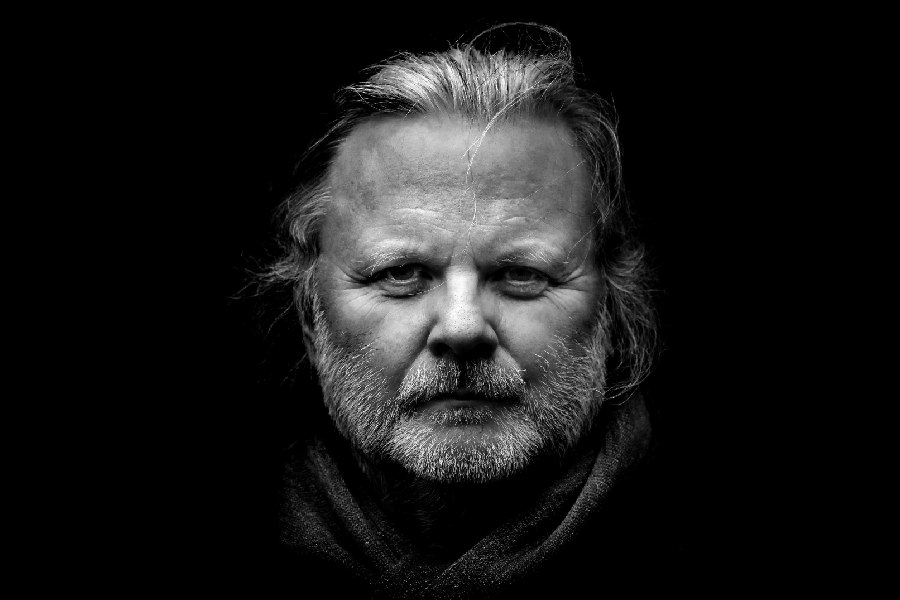The Nobel Prize in literature was awarded on Thursday to Norwegian novelist and playwright Jon Fosse “for his innovative plays and prose which give voice to the unsayable”.
Fosse’s work has long been lauded throughout Europe, but he has found a growing audience in the English-speaking world. By receiving what is widely seen as the most prestigious prize in literature, he joins a list of laureates including Toni Morrison, Kazuo Ishiguro and French writer Annie Ernaux, who last year was awarded the Nobel.
Critics have long compared Fosse’s sparse plays to the work of two previous Nobel laureates: Harold Pinter and Samuel Beckett. And he had long been tipped to win. In 2013, British bookmakers temporarily suspended betting on the prize after a flurry of bets on Fosse’s winning.
Along with the prestige and a huge boost in book sales, Fosse receives 11 million Swedish krona (about $991,000).
In recent years, the Swedish Academy, which organises the prize, has tried to increase the diversity of considered authors after facing criticism that only 17 Nobel laureates had been women and that the vast majority were from Europe or North America. The choice of Fosse is likely to be interpreted as a step back from those efforts.
Before Thursday’s announcement, at a news conference in Stockholm, Fosse was among the favourites, although Can Xue, a Chinese writer of often surreal and experimental short stories was also tipped, as were Haruki Murakami; Gerald Murnane, a reclusive Australian author; and Laszlo Krasznahorkai, a Hungarian author who Susan Sontag once called a “master of the apocalypse”.
Fosse made his name as a novelist, starting in 1983 with Red, Black, and in recent years there has been a surge of interest in his fiction.
His A New Name: Septology VI-VII, the last in a seven-novel sequence, explores an older man’s reckoning with God, and was a finalist for the 2022 National Book Awards. Several of his works have recently been published to acclaim by Fitzcarraldo Editions, a trendy British publisher that is home to several Nobel winners including Ernaux.
But Fosse, 64, is perhaps better known in much of Europe for his plays. He turned to theatre in his mid-30s and has since produced some 40 works that have been translated into dozens of languages. Several have been performed in New York, including I Am the Wind and Deathvariations about a couple coming to terms with the death of their daughter.
Anita Gates, in a 2006 review of Deathvariations for The New York Times, said it was easy to see Fosse’s work “as Ibsen stripped down to its emotional essentials. But it is much more,” adding that his play had “a fierce poetic simplicity”.
Although widely staged on the Continent, Fosse’s plays rarely make a dent in London or New York, and Anglo-Saxon audiences can find them obtuse. Ben Brantley, the former chief theatre critic for the Times, highlighted that problem in a 2014 review: “Red lights are sure to flash in the minds of certain theatregoers when they hear that the characters in I Am the Wind are identified as the One and the Other,” he said.
In 2018, Fosse told The Financial Times that he knew his work was difficult for some. “You don’t read my books for the plots,” he said. “But it’s not because I want to be a difficult writer,” he added. “I’ve never tried to write in a complicated way. I always try to write as simply and, I hope, as deeply as I possibly can.”
New York Times News Service










